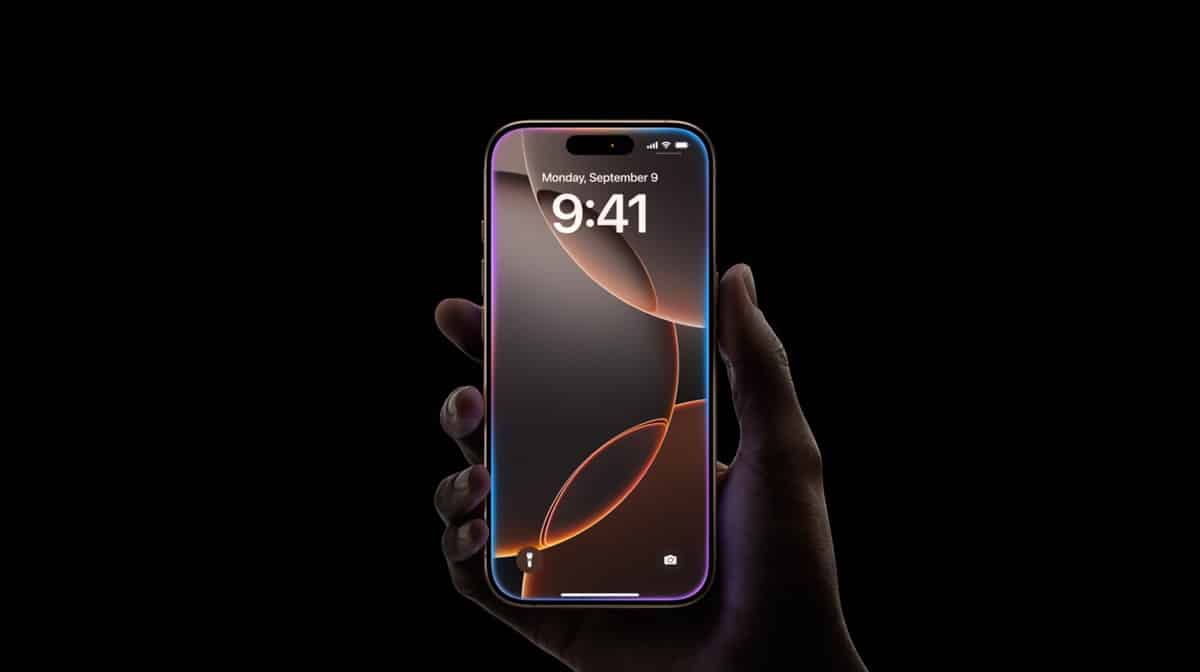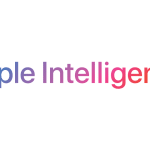In a significant move, Indonesia has banned the sale of Apple’s latest iPhone 16 due to the tech giant’s failure to meet local content requirements. Under Indonesian regulations, smartphones sold domestically must include at least 40% locally sourced components. Apple’s iPhone 16, however, has fallen short of this threshold, prompting the Indonesian Ministry of Industry to enforce the ban.
Local Investment Requirement
The content regulation is part of Indonesia’s efforts to boost local industry and attract foreign investment. The rule allows companies to meet the 40% threshold through various means, including direct manufacturing, partnerships with local firms, or investing in local innovation initiatives. Apple, which lacks a manufacturing base in Indonesia, has instead relied on investment in local tech programs, such as its Apple Developer Academies, to meet these requirements.

Despite these efforts, Apple’s recent investments, totaling approximately 1.48 trillion rupiah ($94.5 million), did not meet Indonesia’s required level of 1.71 trillion rupiah ($109.6 million). This shortfall has led to the iPhone 16’s sales block, impacting Apple’s reach in one of Southeast Asia’s largest markets.
Consumers’ Alternatives and Apple’s Next Steps
For Indonesian consumers, the ban means that iPhone 16 models will not be available for purchase within the country. However, individuals can still buy the device abroad and bring it back, provided they pay the necessary import taxes. The sales restriction comes despite Apple CEO Tim Cook’s visit to Indonesia earlier this year, where he discussed potential partnerships with local firms to expand Apple’s presence in the country.
Apple has yet to comment on whether it will increase its investments to meet Indonesia’s requirements. In the meantime, top competitors like OPPO and Samsung continue to dominate the Indonesian smartphone market. As Indonesia’s tech-savvy population grows, the country remains a critical market for global smartphone brands, and compliance with local regulations will be essential for future sales expansion.












